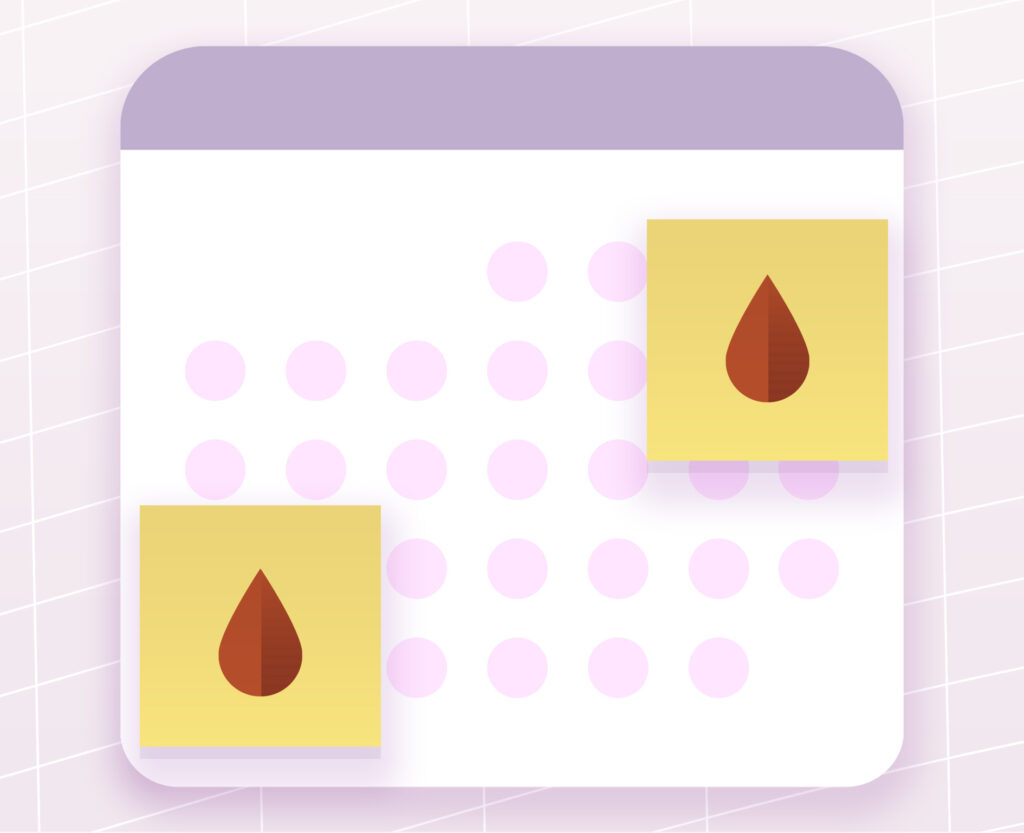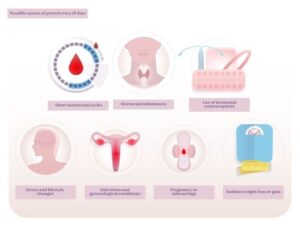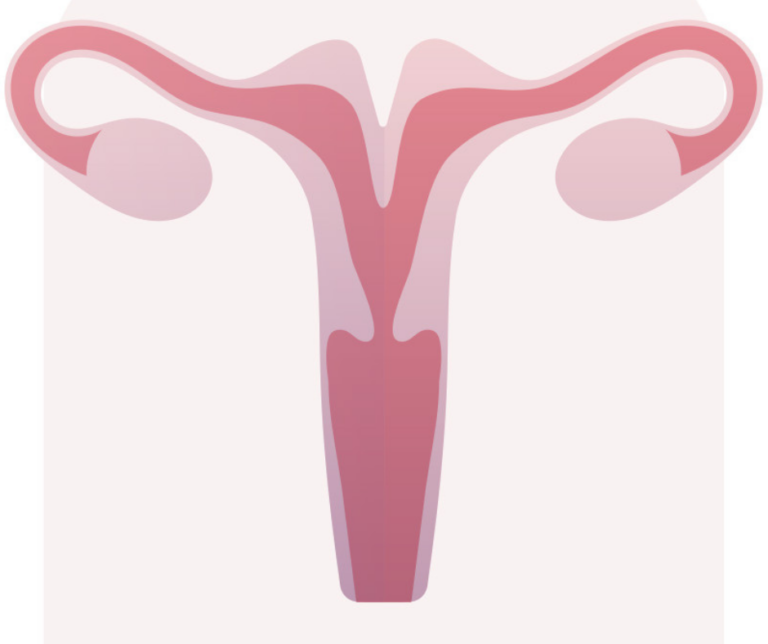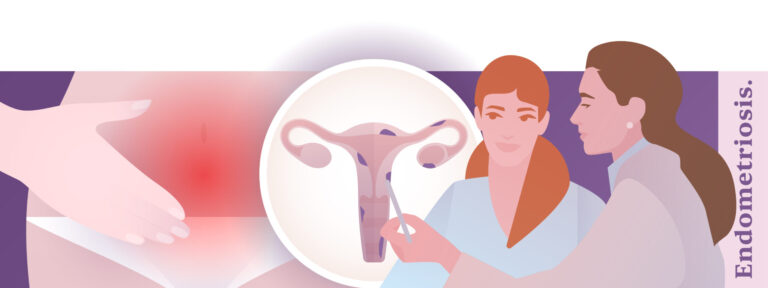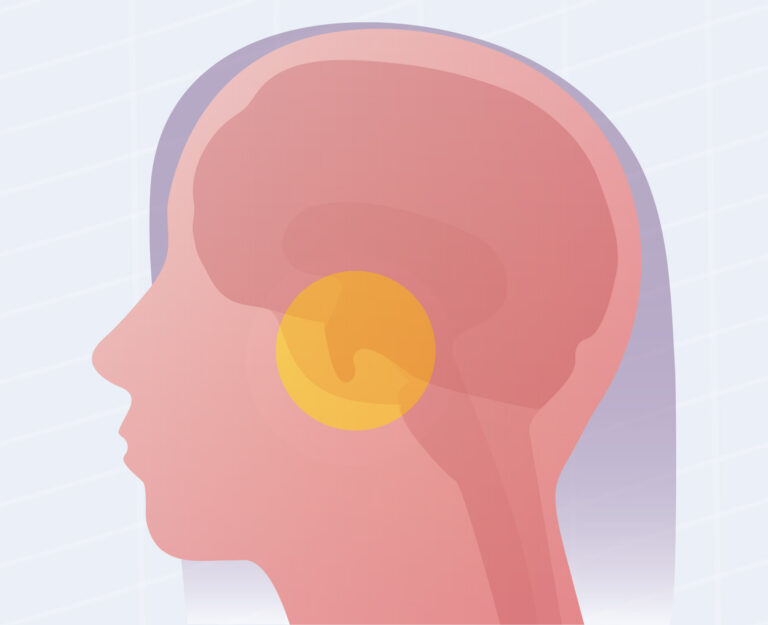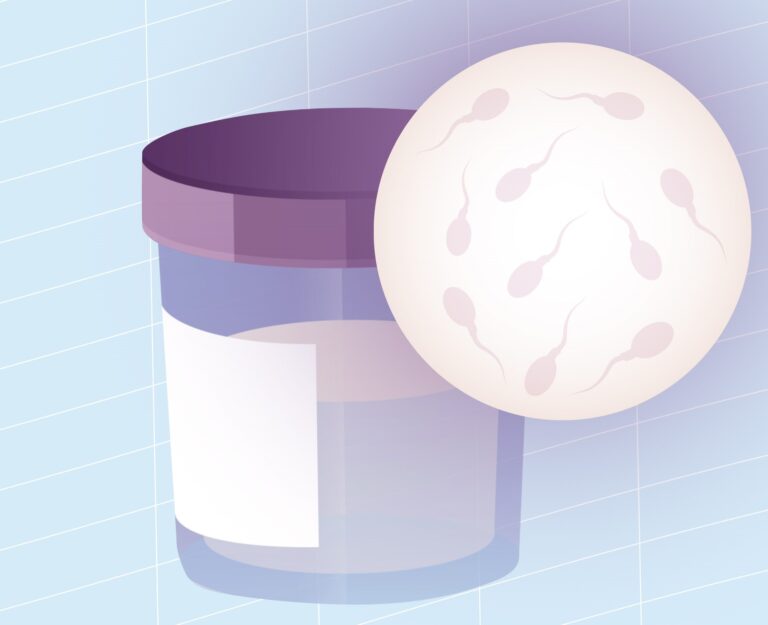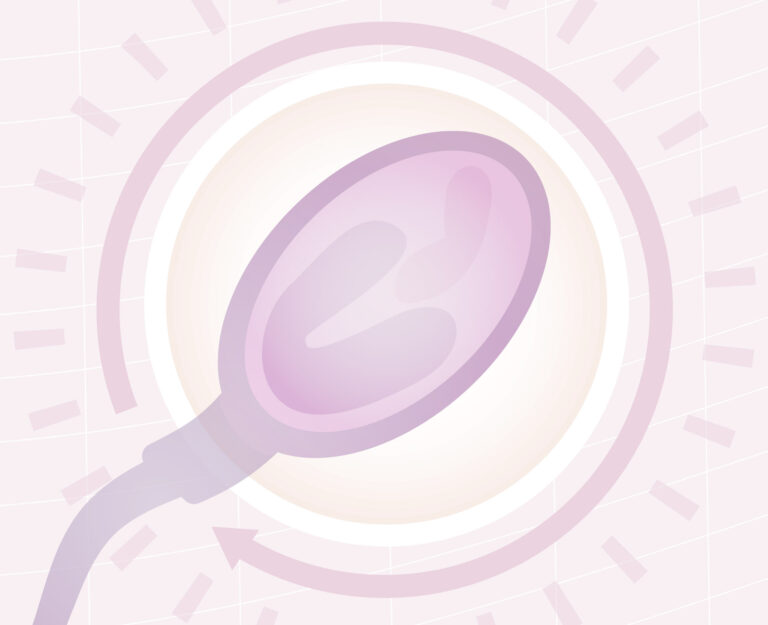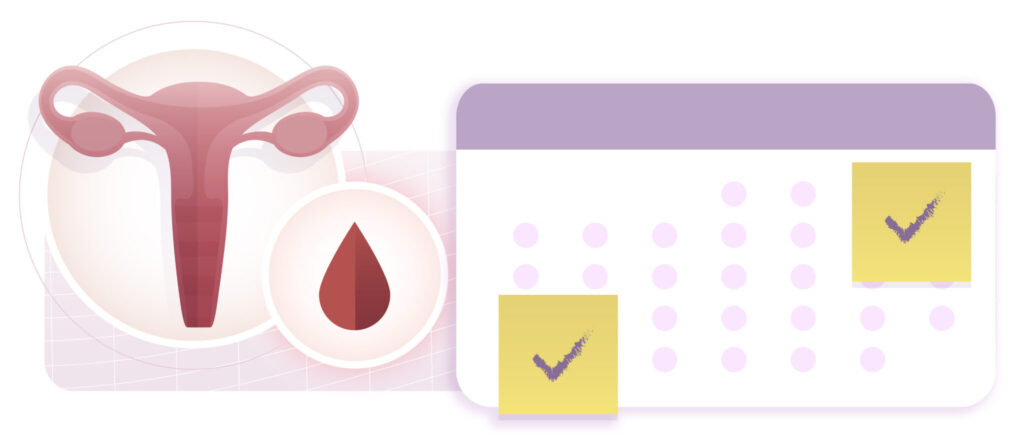
Menstruation is a key indicator of female reproductive health. Normally, a menstrual cycle lasts around 28 days, but it can range from 21 to 35 days for some women. However, some people experience their period more frequently, which may raise concerns and questions.
If you often wonder, “Why am I getting my period twice in one month?” or keep noticing that you get your period every 15 days, this article will help you understand the possible causes and what to do about it.
Table of Contents
ToggleIs it normal to have a period twice a month?
Getting your period twice in one month or every 15 days can be normal occasionally, especially in women with naturally short menstrual cycles. However, if this happens frequently or suddenly, it could be a sign of a hormonal imbalance or an underlying condition that requires medical attention.
Possible Causes of Period Every 15 Days
1. Short menstrual cycles
Some women naturally have shorter menstrual cycles, which means ovulation occurs earlier and periods happen more frequently. In these cases, it’s not necessarily a health issue.
2. Hormonal imbalances
Hormonal fluctuations can lead to irregular bleeding. The most common causes of having your period every 15 days include:
• Polycystic Ovary Syndrome (PCOS): This condition affects ovulation and can result in irregular or frequent periods.
• Thyroid disorders: Both hypothyroidism and hyperthyroidism can affect the regularity of your cycle.
• Perimenopause: In the years leading up to menopause, hormone levels fluctuate, which can cause irregular menstrual patterns.
3. Use of hormonal contraceptives
Hormonal birth control can impact your menstrual regularity, especially during the first few months of use or after stopping them. Some methods may cause breakthrough bleeding or trigger an earlier period.
4. Stress and lifestyle changes
Physical or emotional stress can disrupt hormonal regulation and cause your period to come earlier than expected. Factors such as lack of sleep, excessive exercise, or poor diet may also play a significant role.
5. Infections and gynecological conditions
Certain infections or medical conditions may lead to abnormal bleeding, such as:
- Vaginal or pelvic infections: These may irritate the endometrium and cause unusual bleeding.
- Uterine fibroids or polyps: Benign growths in the uterus that can cause more frequent or heavier periods.
- Endometriosis: This condition can lead to irregular bleeding, pelvic pain, and other symptoms.
6. Pregnancy or miscarriage
In some cases, bleeding that is mistaken for a period may actually be due to early pregnancy or a miscarriage. If there is any suspicion of pregnancy, it’s important to take a test and consult a doctor.
7. Sudden weight loss or gain
Significant changes in body weight can impact hormone production and lead to irregular periods. Extreme weight loss, in particular, can disrupt ovulation and affect how frequently you get your period.
When Should I See a Specialist?
If your period every 15 days becomes recurrent or is accompanied by other concerning symptoms, it’s essential to consult a gynecologist. Warning signs include:
- Very heavy or prolonged bleeding.
- Severe pelvic pain.
- Bleeding between menstrual cycles.
- Fever or general discomfort.
- A history of gynecological conditions.
The specialist will carry out a thorough evaluation, which may include physical exams, blood tests, and ultrasounds to identify the cause of the issue and suggest the appropriate treatment.
Treatments and Recommendations if You Have Period Every 15 Days
The appropriate treatment will depend on the underlying cause:
- Hormonal regulation: If a hormonal imbalance is diagnosed, your doctor may recommend hormonal contraceptives or targeted therapies.
- Stress management: Techniques like meditation, yoga, and improved sleep hygiene can help stabilize your menstrual cycle.
- Lifestyle changes: A balanced diet, moderate exercise, and maintaining a healthy weight can support regular menstrual cycles.
- Treatment of underlying conditions: If issues such as PCOS, hypothyroidism, or endometriosis are identified, specific medical treatments will be advised based on the diagnosis.
Conclusion
If you’re wondering, “Why am I getting my period twice a month?”, it’s important to pay attention to your body and consider any other symptoms. In many cases, menstrual irregularities are temporary and harmless. However, if your period every 15 days persists or starts to affect your quality of life, it’s best to consult a specialist for an accurate diagnosis and appropriate treatment. Prioritizing reproductive health is essential for overall well-being. For specialized care, you can
book an appointment at one of our reproductive health clinics.


